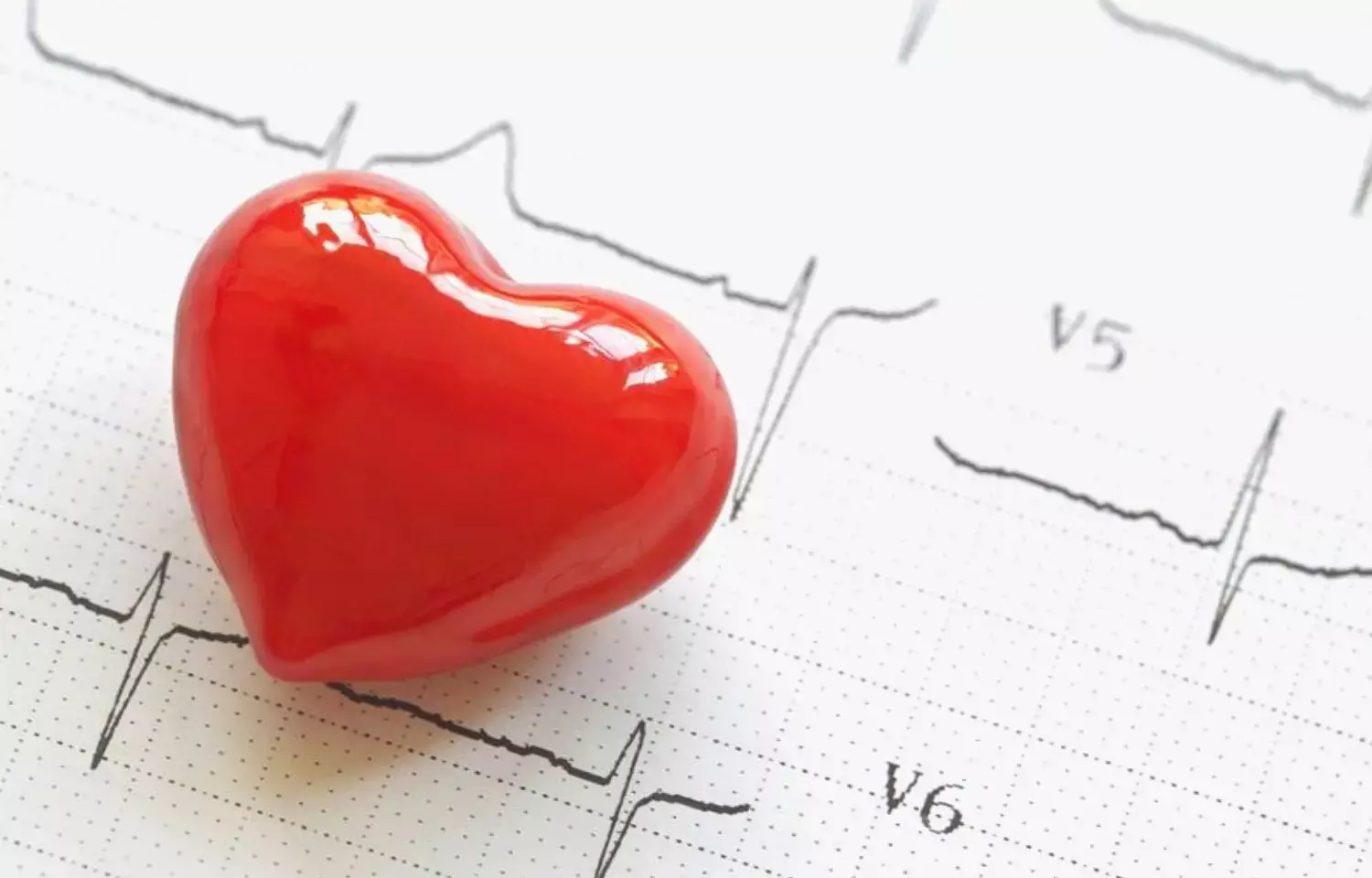- Home
- Medical news & Guidelines
- Anesthesiology
- Cardiology and CTVS
- Critical Care
- Dentistry
- Dermatology
- Diabetes and Endocrinology
- ENT
- Gastroenterology
- Medicine
- Nephrology
- Neurology
- Obstretics-Gynaecology
- Oncology
- Ophthalmology
- Orthopaedics
- Pediatrics-Neonatology
- Psychiatry
- Pulmonology
- Radiology
- Surgery
- Urology
- Laboratory Medicine
- Diet
- Nursing
- Paramedical
- Physiotherapy
- Health news
- Fact Check
- Bone Health Fact Check
- Brain Health Fact Check
- Cancer Related Fact Check
- Child Care Fact Check
- Dental and oral health fact check
- Diabetes and metabolic health fact check
- Diet and Nutrition Fact Check
- Eye and ENT Care Fact Check
- Fitness fact check
- Gut health fact check
- Heart health fact check
- Kidney health fact check
- Medical education fact check
- Men's health fact check
- Respiratory fact check
- Skin and hair care fact check
- Vaccine and Immunization fact check
- Women's health fact check
- AYUSH
- State News
- Andaman and Nicobar Islands
- Andhra Pradesh
- Arunachal Pradesh
- Assam
- Bihar
- Chandigarh
- Chattisgarh
- Dadra and Nagar Haveli
- Daman and Diu
- Delhi
- Goa
- Gujarat
- Haryana
- Himachal Pradesh
- Jammu & Kashmir
- Jharkhand
- Karnataka
- Kerala
- Ladakh
- Lakshadweep
- Madhya Pradesh
- Maharashtra
- Manipur
- Meghalaya
- Mizoram
- Nagaland
- Odisha
- Puducherry
- Punjab
- Rajasthan
- Sikkim
- Tamil Nadu
- Telangana
- Tripura
- Uttar Pradesh
- Uttrakhand
- West Bengal
- Medical Education
- Industry
Is emergency coronary angiogram required in cardiac arrest patients without ST-segment elevation?

France: In patients who experienced an out-of-hospital cardiac arrest (OHCA) without ST-segment elevation on electrocardiogram (ECG), an emergency coronary angiogram (CAG) method was no better than a delayed CAG strategy in terms of 180-day survival rate and minimum neurologic sequelae, says an article published in the Journal of American Medical Association-Cardiology.
Although an immediate coronary angiography is suggested for individuals who have an out-of-hospital cardiac arrest with ST-segment elevation on the post-resuscitation ECG, such a method is still being contested in patients who do not have ST-segment elevation. As a result, Caroline Hauw-Berlemont and colleagues undertook this study to compare the 180-day survival rate with Cerebral Performance Category (CPC) in one or two participants who have an OHCA without ST-segment elevation on ECG and have emergency CAG vs delayed CAG.
The Emergency versus Delayed Coronary Angiogram in Survivors of Out-of-Hospital Cardiac Arrest (EMERGE) study, conducted in 22 French hospitals, randomly allocated survivors of an OHCA without ST-segment elevation on ECG to either emergency or delayed (48 to 96 hours) CAG. From January 19, 2017, through November 23, 2020, the trial was held. The data was examined from November 24, 2020, to July 30, 2021.
The 180-day survival rate with a CPC of 2 or below was the main outcome. Secondary endpoints included the occurrence of shock, ventricular tachycardia, and/or fibrillation within 48 hours, the change in left ventricular ejection fraction between baseline and 180 days, the CPC scale at ICU discharge and day 90, the chance of survival, and the length of stay in the hospital.
The key findings of this study were as follows:
1. There were 279 individuals in the immediate CAG group and 138 (49.5%) in the delayed CAG group.
2. The mean (SD) time delay between randomized and CAG in the emergency CAG group was 0.6 (3.7) hours and 55.1 (37.2) hours in the delayed CAG group.
3. The emergency CAG group had a 34.1% (47 of 141) 180-day survival rate while the delayed CAG group had a 30.7% (42 of 138) survival rate.
4. There was no difference between the two groups in terms of overall survival at 180 days or secondary outcomes.
In conclusion, the authors found that the findings of this study were consistent with prior research and do not justify immediate CAG in OHCA patients without ST elevation.
Reference:
Hauw-Berlemont C, Lamhaut L, Diehl J, et al. Emergency vs Delayed Coronary Angiogram in Survivors of Out-of-Hospital Cardiac Arrest: Results of the Randomized, Multicentric EMERGE Trial. JAMA Cardiol. Published online June 08, 2022. doi:10.1001/jamacardio.2022.1416
Neuroscience Masters graduate
Jacinthlyn Sylvia, a Neuroscience Master's graduate from Chennai has worked extensively in deciphering the neurobiology of cognition and motor control in aging. She also has spread-out exposure to Neurosurgery from her Bachelor’s. She is currently involved in active Neuro-Oncology research. She is an upcoming neuroscientist with a fiery passion for writing. Her news cover at Medical Dialogues feature recent discoveries and updates from the healthcare and biomedical research fields. She can be reached at editorial@medicaldialogues.in
Dr Kamal Kant Kohli-MBBS, DTCD- a chest specialist with more than 30 years of practice and a flair for writing clinical articles, Dr Kamal Kant Kohli joined Medical Dialogues as a Chief Editor of Medical News. Besides writing articles, as an editor, he proofreads and verifies all the medical content published on Medical Dialogues including those coming from journals, studies,medical conferences,guidelines etc. Email: drkohli@medicaldialogues.in. Contact no. 011-43720751


